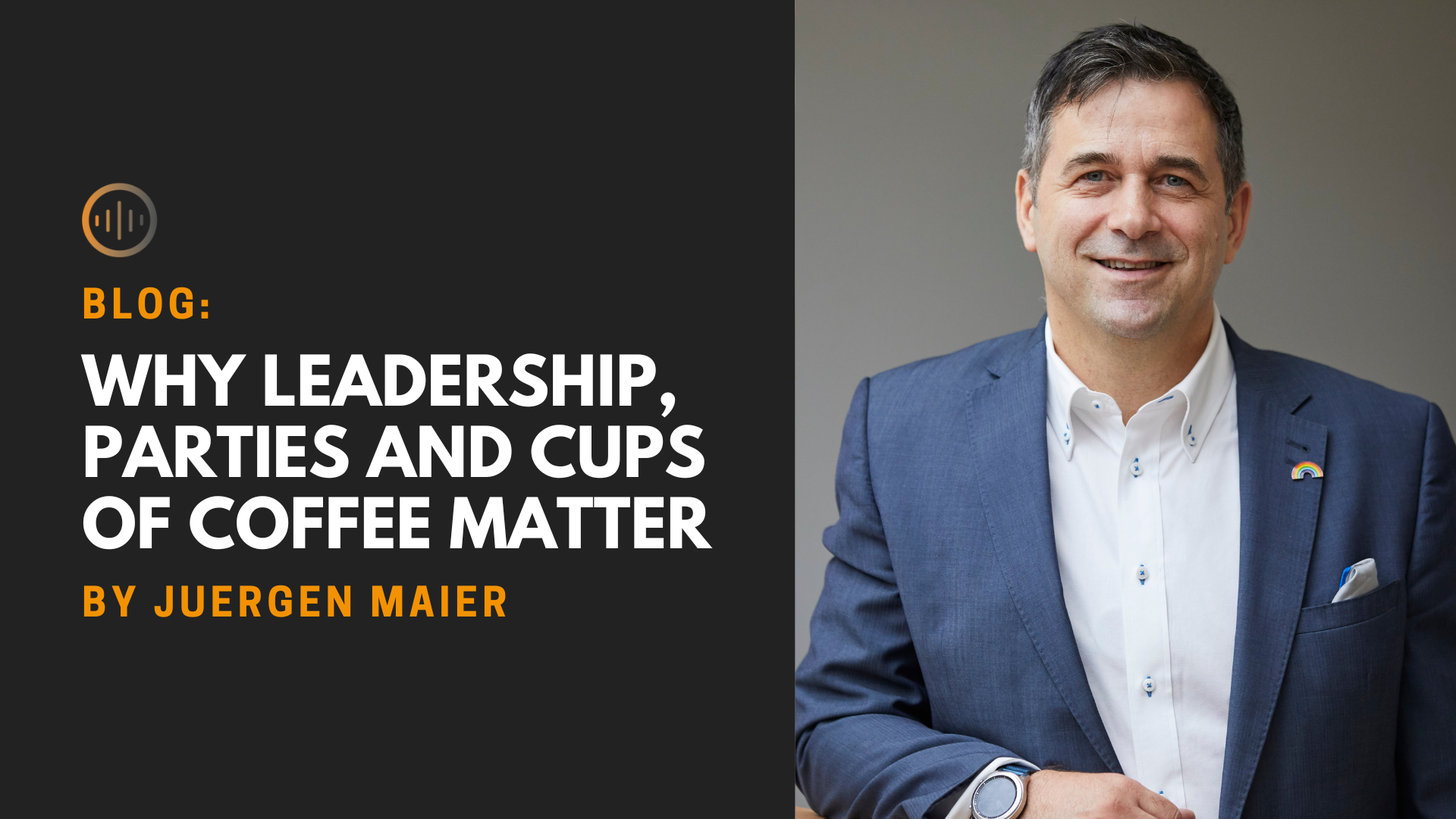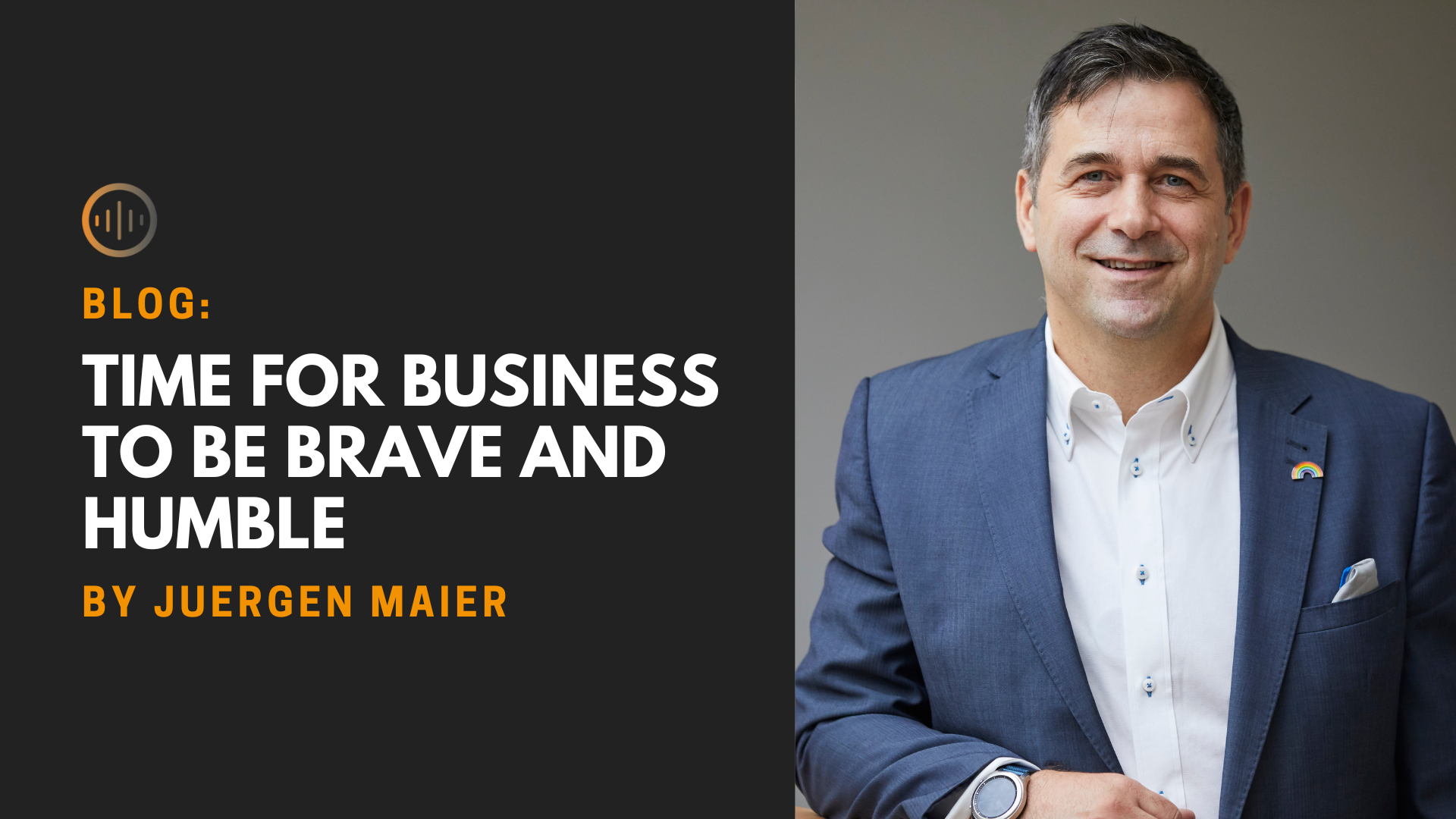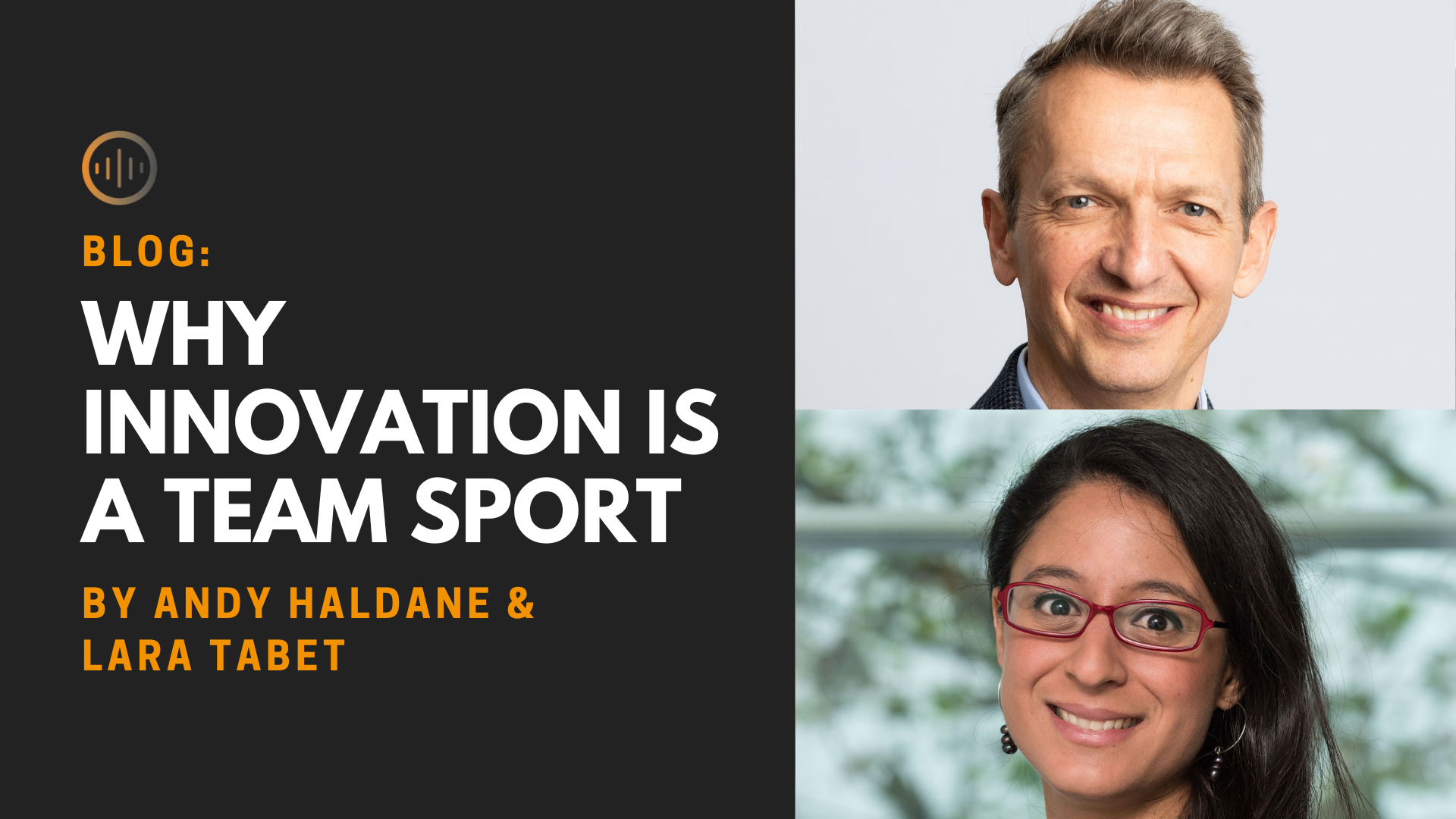

In a recent vocL roundtable discussion, we asked an inclusive group of business leaders how can we ensure that business has a freer, more respected, and more confident voice in the national debate.
At vocL, we are keen to make this business voice very inclusive and inter-generational. So what did we learn?
As businesspeople we should try and stay positive. We tried incredibly hard to keep to that principle during our discussion, and I have to admit it wasn’t easy. Here a few ways to keep the debate positive:
Ensure that the debates and discussions we lead are truly inclusive and represent ‘cognitive diversity’. Inclusion needs to move on from being about the way a team or group ‘looks’, and more about their different experiences and backgrounds. A team can for example, look very diverse, but have very little cognitive diversity if they all went to the same private schools and universities. Not that private schools are a bad thing, just not all in the room at the same time.
We felt that bringing in the next generation to ensure debates are inclusive is critical and often missed. This is vocL’s USP and we were lucky to have two of our ‘future voices’ at this evening’s table. We discussed that if the leadership attending COP27 were more cognitive diverse and more representative of future generation leadership, would the outcome have been as disappointing as it was? Our conclusion was a firm no! We also discussed the role of mentoring, a key part of vocL’s leadership programme, and our conclusion was that we need to see mentoring of next generation leaders more as a two-way process; a ‘we are all in this together’ approach.
We also discussed our responsibility as leaders to encourage our employees and future leaders to be ‘morally brave’. We all recognised the issue of young, enthusiastic people joining our organisation, encouraging them to be responsible disruptors, to then knock all enthusiasm out of them by too many rules and blockers preventing them to positively disrupt. Putting too many controls on employee’s social media activities being cited as an example; and it being better practice to provide support, training, and safe spaces to practice on how to use social media and external communications positively and responsibly.
On the topic of being morally brave, we felt more support for us as business leaders in our social impact campaigns would be beneficial. Support networks like those created through vocL are important for that, where diverse thinking people, with a common purpose to improve society come together. The key being learning from each other and building our own confidence by testing and building on ideas with our peers.
Finally, there was one area of productive disagreement, we didn’t quite resolve – how do we build a stronger partnership between Government and Business to serve society better?
We agreed that both groups have the right intent but also their flaws in serving society better. We are also at odds with each other on a number of fundamental things. It is difficult not to bring Brexit into this debate. Business largely sees good regulation as important to providing a level playing field. None of us want to be undercut, by a competitive product not adhering to high safety or environmental standards. We also see highest standards of workers’ rights and inclusion as positive. Government is however on a path to deregulate. Business sees the economy as the highest priority, whilst Government is placing Sovereignty above having the closest trading relationship with the EU. Both believe that their aim is to serve society better through these priorities. Government believes it knows better how to serve society, because they judged the mood better and won the Brexit debate, and we certainly can’t argue with that. Business thinks the Brexit options and consequences weren’t explained well enough, which is also difficult to argue with.
But we do need to come together. We think the answer lies in finding a new narrative and vision that inspires people about the sort of country we want to be. The mechanisms by which to create that vision should then become more obvious. One thing we did agree on is that in finding that new narrative we need to be more positive, forward looking and humbler. I left the debate very reflective of that, and it may well be the topic of my next blog.
Debate write up by Juergen Maier FRS CBE,
Juergen is co-founder of vocL, a social enterprise empowering more inclusive and responsible business voices


